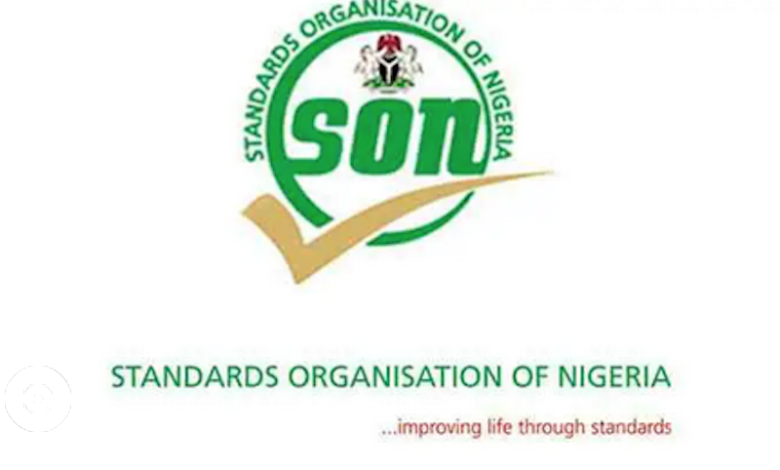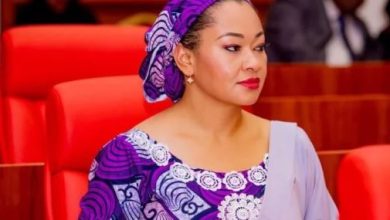SON Set to Prosecute Makers of Substandard Steel in Nigeria

The Standards Organisation of Nigeria (SON) has announced plans to prosecute manufacturers and distributors producing substandard steel products.
This was revealed by Enebi Onuchenyo, Chairman of SON’s Special Task Force, in a statement released recently in Abuja.
Nationwide Inspections Expose Substandard Steel
Onuchenyo stated that SON had received numerous complaints from distributors about the poor quality of steel and iron rods in Nigeria.
“We received claims that substandard iron rods were circulating in the market. This led us to conduct nationwide monitoring, where we gathered valuable information and tracked some of those behind these activities,” he said.
READ ALSO: Building Collapse: SON Demands Sanctions Against Quacks
During the inspections, two steel companies were discovered to be non-compliant with the Nigeria Industrial Standards (NIS 117) and global best practices.
The companies were shut down immediately, and their products were seized for testing.
“The products failed several basic quality tests. We acted swiftly to cut the steel products to size and remelt them under our supervision, preventing them from reaching the market,” Onuchenyo added.
Strict Penalties for Quality Violations
Onuchenyo issued a stern warning to manufacturers, stating that violators of quality standards would be prosecuted under SON Act 14 of 2015.
“Compliance with quality standards will guarantee local and international patronage for Nigerian steel products,” he noted.
Curbing Unfair Competition
The SON chairman cautioned manufacturers against producing substandard steel bars using the names and codes of rival firms.
“Such practices harm competitors and pose risks to end-users. We will not tolerate these infractions,” he warned.

SON’s Dedication to Steel Industry Safety
Onuchenyo reiterated SON’s commitment to protecting lives and property, citing recent nationwide monitoring efforts as part of this mission.
He expressed concern over the widespread non-compliance within the iron and steel industry and assured that the agency would restore sanity to the sector.
“Any company producing steel that fails to meet NIS 117 standards will face severe penalties. The Federal Government continues to support local manufacturers for export, and SON will protect them from unfair competition,” he stressed.
Regional Steel Standards and Export Opportunities
Onuchenyo revealed that plans are underway to harmonise steel production standards across West Africa, allowing Nigerian steel manufacturers to export products within the region and improve foreign exchange earnings.
“Harmonised standards will give steel manufacturers the chance to expand exports and compete fairly in West Africa,” he explained.
Encouraging Self-Regulation and Consumer Awareness
Onuchenyo also urged steel manufacturers to adopt self-regulation, noting that similar practices in other industries had reduced the production of substandard goods.
“Self-regulation will foster collaboration between manufacturers and regulators while boosting consumer confidence,” he said.
He further encouraged Nigerians to report any manufacturers producing substandard steel to SON.
“We have launched aggressive sensitisation campaigns to educate consumers on how to identify quality steel products. If you see something unwholesome, say something to SON,” he concluded.
Nigeria’s Steel Industry Poised for Sustainable Growth
SON’s latest actions underline its commitment to enforcing quality standards, ensuring that Nigerian steel products meet both local demands and global expectations.
With tougher regulations, increased monitoring, and regional harmonisation efforts underway, Nigeria’s steel sector is well-positioned for growth, ensuring consumer safety and enhancing competitiveness in the global market.




